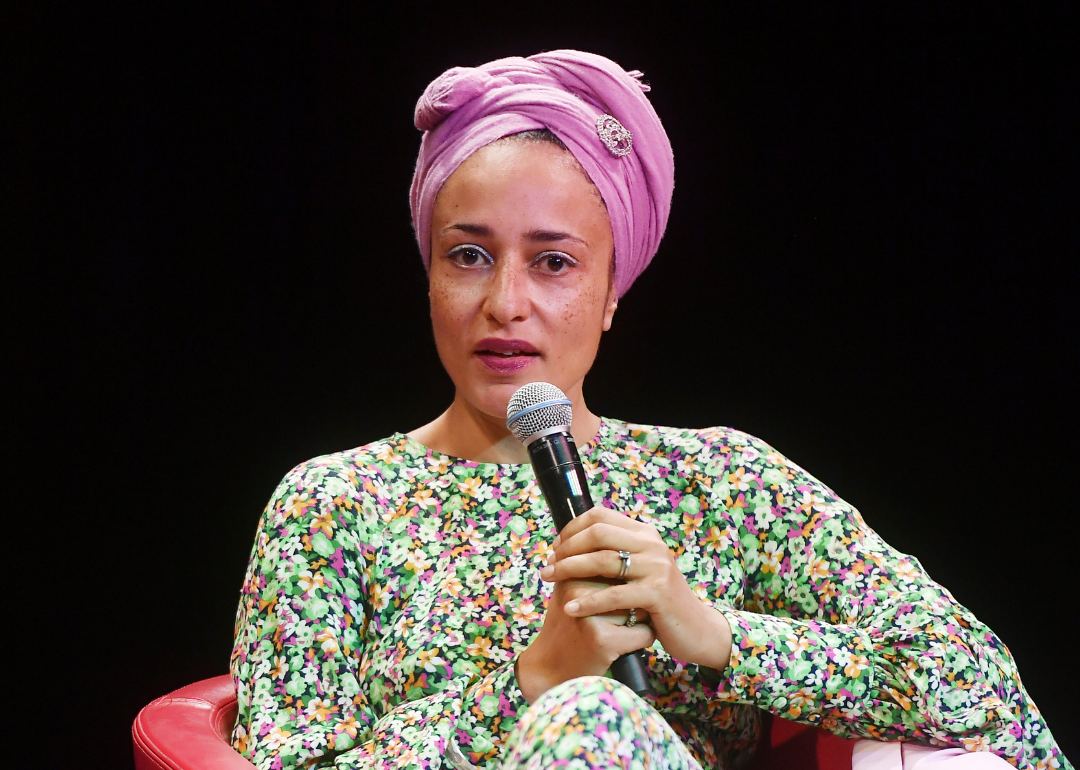
This story originally appeared on College Ave and was produced and distributed in partnership with Stacker Studio.
10 courses famous authors taught as professors
Most writers cannot live on their writing alone, particularly literary writers. While many writers throughout history used teaching as a means of subsidizing their writing lives, perhaps no model of writer-as-teacher has had more impact than Vladimir Nabokov.
A Russian émigré novelist, Nabokov took up a post at Cornell University in 1948, years before he wrote his seminal novels “Lolita” and “Pale Fire.” There he began lecturing on a wide array of literary figures, most notably his native Russians, including Dostoevsky, Gogol, Turgenev, and Tolstoy, as well as titans of Western literature such as Charles Dickens, James Joyce, and Marcel Proust. He even managed to bring Cervantes’ notoriously circuitous “Don Quixote” into the mix. His lectures were expertly insightful and personable, challenging entrenched notions of how literature was meant to be approached. In turn, he introduced a more humanist approach to the classroom. Nabokov’s lessons have since become touchstones of literary criticism, collected in three volumes still used for all manner of research today.
In the intervening years, it became almost a matter of rote for known authors to, either occasionally or perennially, take a turn in the classroom. Nobel laureate Saul Bellow taught at the University of Minnesota, Brandeis University, and the University of Chicago. Robert Frost, Maya Angelou, Aldous Huxley, and J.R.R. Tolkien all turned to teaching during their careers—though Tolkein had a less than flattering perspective of it.
More recently, writers such as Pulitzer Prize winner Jeffrey Eugenides, Leslie Jamison, Mary Karr, Lorrie Moore, Jonathan Lethem, and the late David Foster Wallace have become known as much for their classroom rhetoric as their published works. While the contemporary book market does show signs of resilience, many writers are nonetheless finding themselves earning much less than ever before, making teaching more than just a secondary calling—in many cases, it is a necessity, if not a lifeboat.
With writers needing to teach as a form of income, this has produced some dynamic opportunities for students of writing and literature. To that end, College Ave compiled a list of famous authors who worked as professors and the courses they taught.
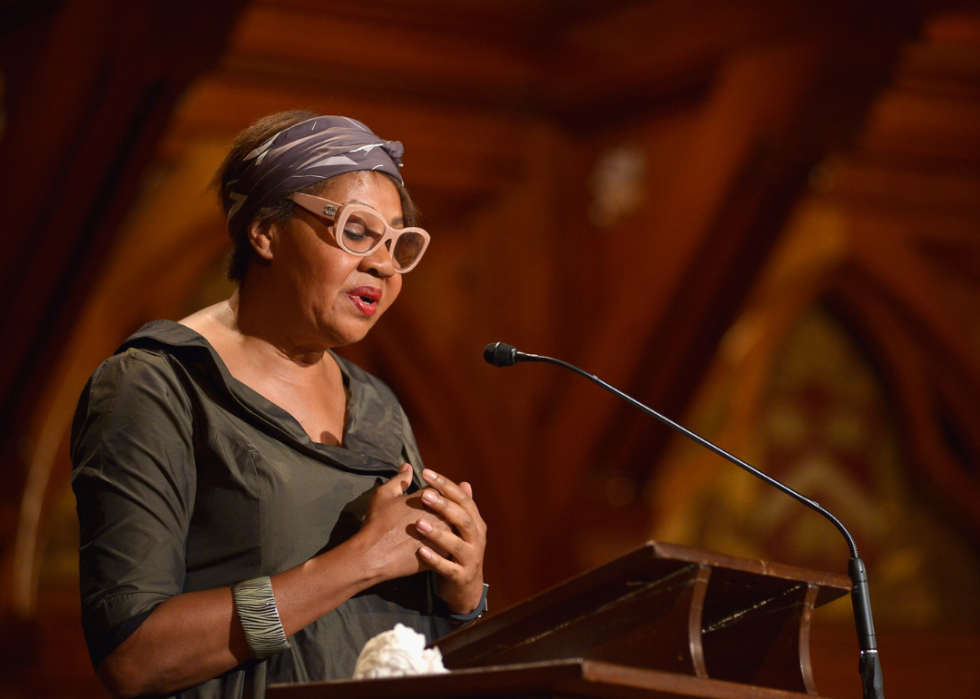
Jamaica Kincaid: Fiction Writing Workshop
- Harvard University
Born Eliane Potter Richardson, this Caribbean American writer adopted the nom de plume Jamaica Kincaid in the 1970s as her writing began to appear in publications such as The New Yorker. Her pen name provided an element of anonymity to turn her focus toward her writing. Much of Kincaid’s published work reflects her Antiguan heritage, most notably her novels “Lucy” and “Annie John” as well as “A Small Place,” a book-length essay that limns the effects of colonialism on the nation of Antigua. Kincaid joined the faculty of Harvard in 1992 and has since taught numerous courses in the departments of English and African and African American Studies.
Most recently, following a prolonged period of hiatus, she began teaching a fiction writing workshop, in which the course curriculum mixes assigned texts with feature films. The spring 2022 course description for this workshop offers only this criteria for admittance: “This class is open to anyone who can write a letter, not an email, a letter, just a plain simple letter, to someone who lives far away from you and who has no idea really of who you really are, except that you are, like them, another human being.”
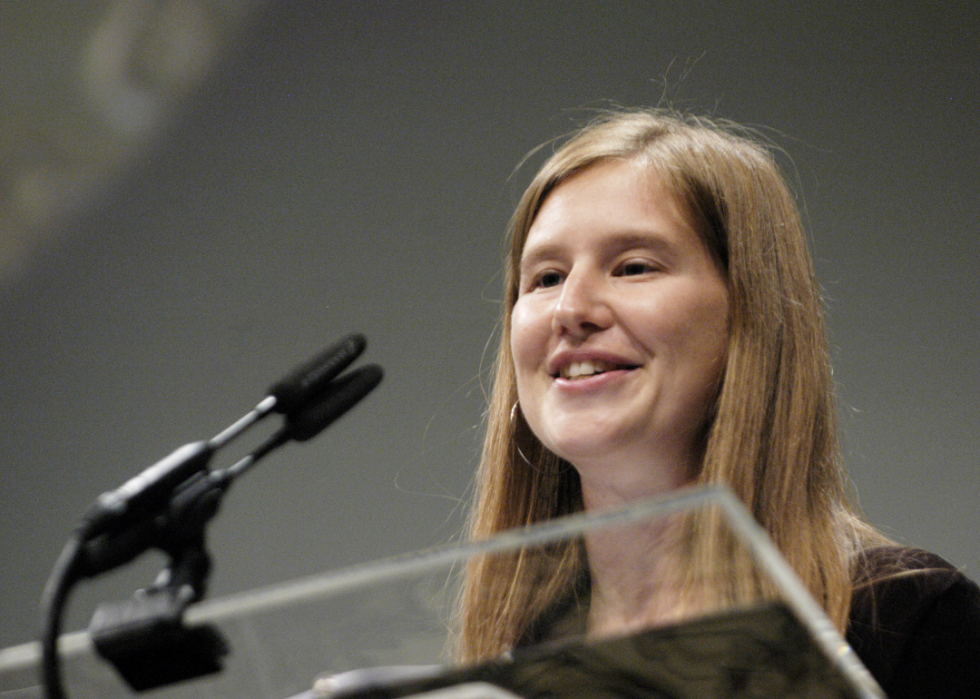
Eula Biss: The Situation of Writing
- Northwestern University
As a writer, Eula Biss has tempted public scrutiny as a matter of course since her first book, “The Balloonists.” The surrealist prose poem collection released in 2002 investigates the limits of love and women’s struggle to usurp social models of romance. Since then, Biss has taken on the subjects of racial identity (“Notes from No Man’s Land”), the historic myths and metaphors regarding vaccination (“On Immunity”), and contradictions in the middle-class white experience via the lens of homeownership (“Having and Being Had”). But she is perhaps most renowned for her 2015 essay “White Debt,” in which she reckons with her own racial privilege as an educated white woman in America.
Biss joined the faculty of Northwestern University in 2006. Among the courses Biss has taught is “The Situation of Writing,” in which students were asked to engage with the makeup of the current literary world both as a marketplace and a medium of expression. Biss designed the course to “challenge all participants to think creatively about the place of literature in our society.”
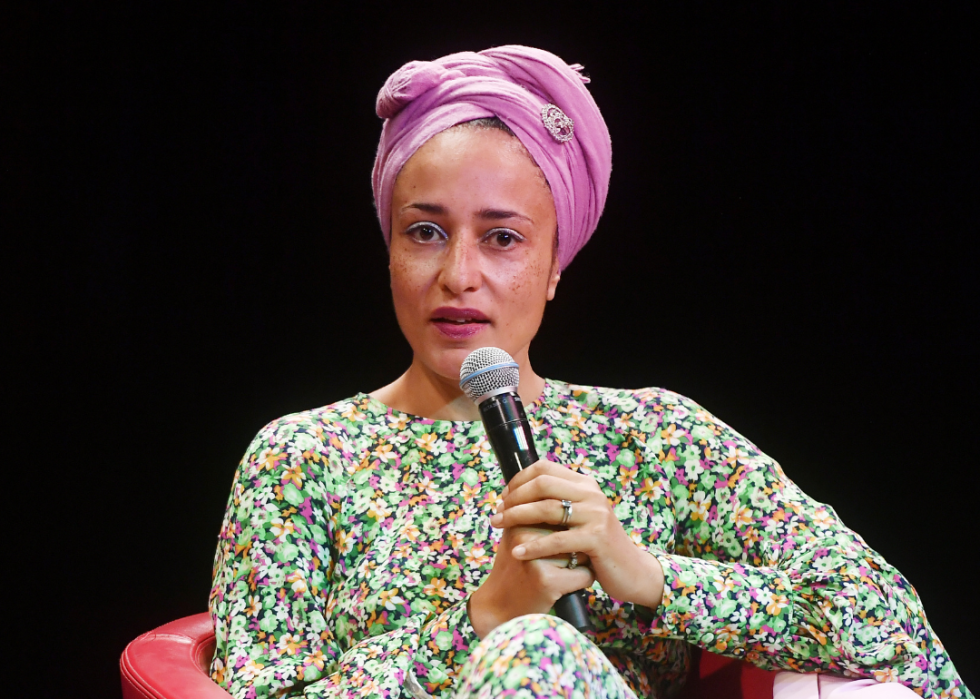
Zadie Smith: The Craft of Fiction
- New York University
In 2000 with the publication of her first novel, “White Teeth,” Zadie Smith became an internationally renowned writer, almost overnight. The novel won, among other awards, the James Tait Black Memorial Prize, the Whitbread First Novel Award, and the Guardian First Book Award, and was voted one of the top 100 books of the 21st century by The Guardian in 2019. Smith’s oeuvre has since expanded to include further novels—“On Beauty” and “Swing Time”—as well as essay collections—“Feel Free,” “Intimations”—that cover a myriad of topics, both historical and contemporary.
Smith has taught at Harvard and Columbia universities and has been on tenured faculty at New York University since 2010. At NYU, Smith participated in a residency series for MFA candidates titled “The Craft of Fiction,” in which various literary texts and supporting critical essays were studied in order to “disclose the technical choices confronted by their authors.” Smith’s colleagues in this series have most recently included authors Darin Strauss (“Half-Life”), Jonathan Safran Foer (“Everything is Illuminated”), and Julie Orringer (“The Flight Portfolio”).
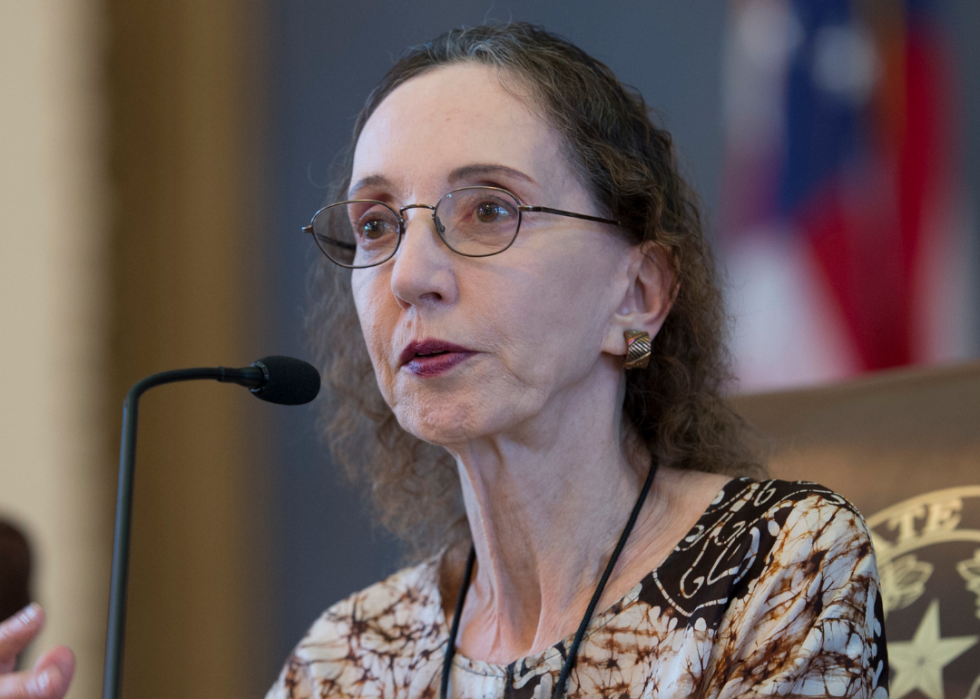
Joyce Carol Oates: Introductory Fiction
- Princeton University
One of the most prolific writers in American literature, Oates balances her enormous literary output with more than four decades on the faculty at Princeton, where she is an Emeritus Professor of Humanities and Creative Writing. From novels to short story collections to young adult fiction and memoir, Oates has published more than 100 books in her career. Among her collection includes the National Book Award-winning “Them,” which explored race and class conflict in the turbulent 1960s, and the more recent bestselling “Blonde,” a deeply researched recreation of the life of Marilyn Monroe. Oates’ name is annually among the most-whispered during Nobel Prize season, though she has yet to receive the nod from the Swedish Academy.
In her role as professor, Oates has by and large taught creative writing, and not just the advanced courses. Along with various seasonal and guest instructors at Princeton, Oates has taught introductory level fiction writing, which the course description states “allows the student to develop writing skills, provides an introduction to the possibilities of contemporary literature, and offers a perspective on the place of literature among the liberal arts.”
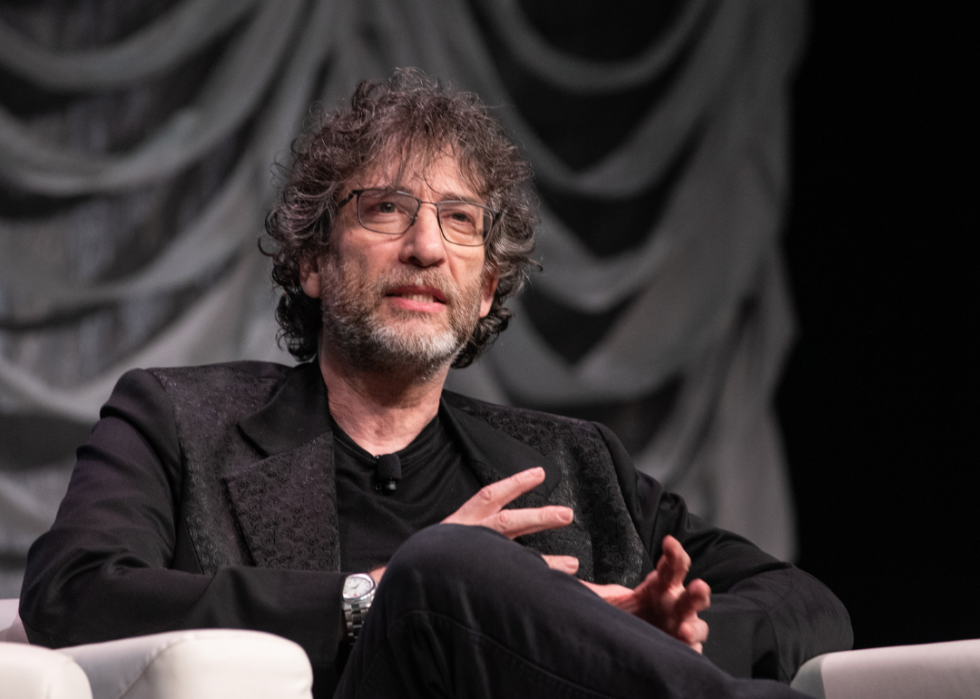
Neil Gaiman: Advanced Writing Workshop
- Bard College
When Bard College hired Neil Gaiman in 2014, it knew what it was getting—a prolific author of novels, science fiction and fantasy, young adult literature, graphic novels, historical research, and screenplays. In short, pretty much every beat a writing program could possibly offer a course on. His novels “American Gods” and “Stardust” have become pop-culture icons, generating a successful TV series and film, respectively, and his 2013 novel, “The Ocean at the End of the Lane,” was named book of the year at that year’s British National Book Awards.
Gaiman is also known within the literary and film communities for his advocacy, notably with the United Nations Refugee Agency and the Comic Book Legal Defense Fund, for which he has sat on the advisory board. More recently, he took to social media in support of Ukraine, stating he will not renew contracts with his Russian publishers.
In his role as professor of the arts at Bard, Gaiman crafted a quite particular advanced writing workshop, eschewing literary fiction for an exploration of “the history of the fantastic, approaches to fantasy fiction, and the meaning of fantasy today.”
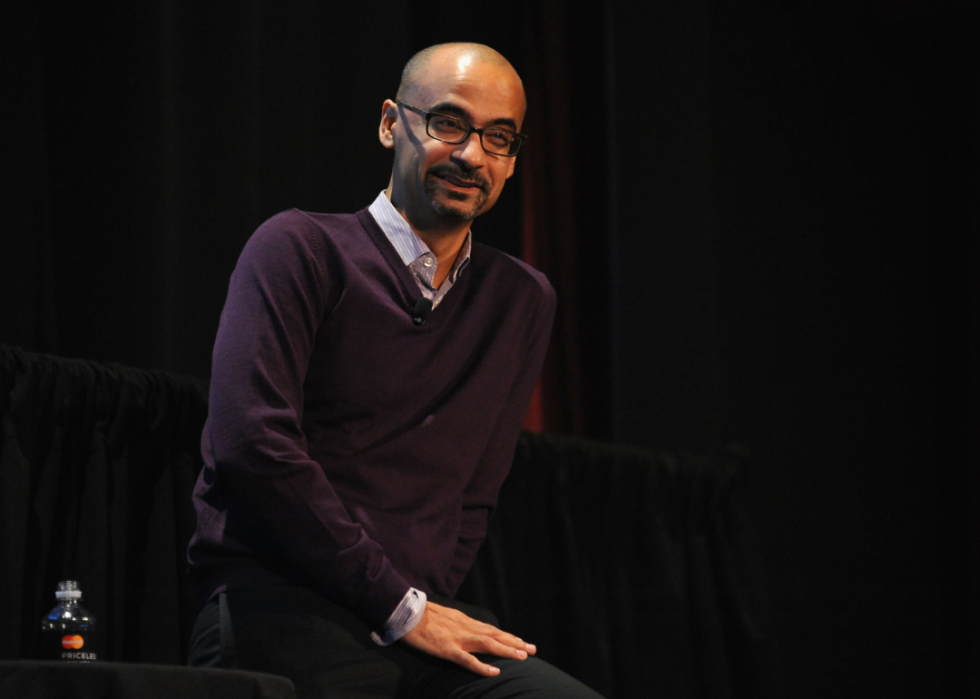
Junot Díaz: World-building
- Massachusetts Institute of Technology
“It’s not the books you teach, it’s how you teach them.” This operating philosophy has guided Junot Díaz’s approach to teaching undergraduate writing and literary studies courses at MIT for nearly 20 years. Díaz, a Dominican American writer and Pulitzer Prize winner (“The Brief Wondrous Life of Oscar Wao”), has been openly critical of Master of Fine Arts programs for their general lack of diversity. His 2014 New Yorker essay on the subject reframed what had come to be considered the “MFA vs. NYC” debate as more accurately an “MFA vs. POC” issue, by which minority writers and viewpoints were not being represented in the classroom.
In his own courses, Díaz challenges preconceived notions of what texts are the best avenue toward literary criticism. In his course on analyzing imaginary worlds as narrative constructs, Díaz assigns text graphic novels such as Frank Miller’s “Batman: The Dark Knight Returns” and Alan Moore’s “V for Vendetta,” and speculative novels by minority writers NK Jemisin (“The Hundred Thousand Kingdoms”), Octavia Butler (“Lilith’s Blood”), and China Mieville (“Perdido Street Station”).
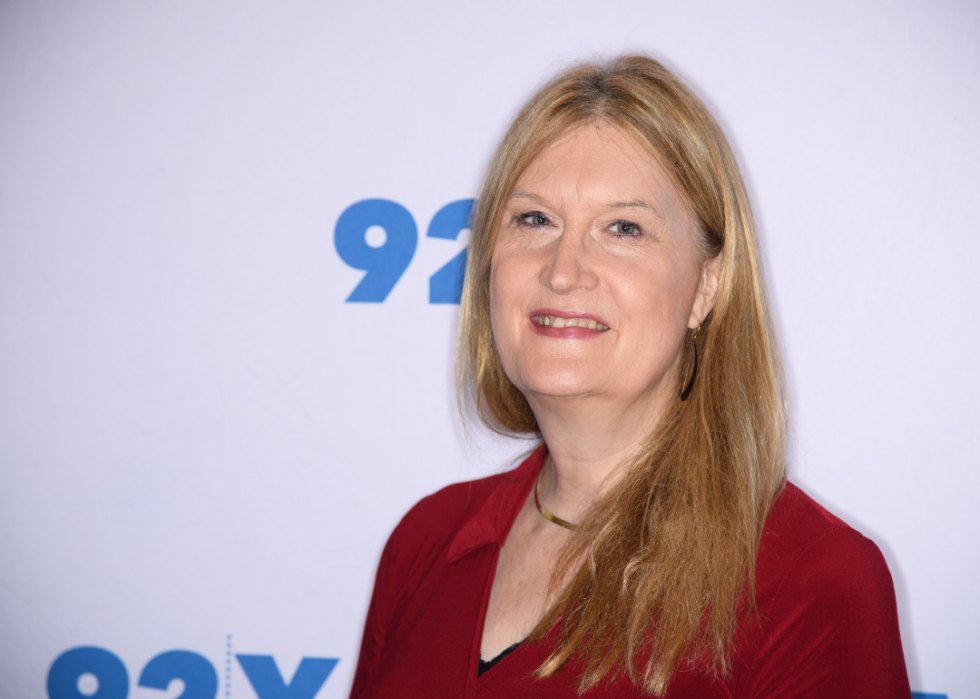
Jennifer Finney Boylan: Gendered Memoir
- Barnard College
Jennifer Finney Boylan’s published portfolio is as diverse as any in American letters, but she is valued within the greater literary community for much more than simply writing good books. Since coming out as transgender in her 40s, Boylan has become one of the foremost thought-leaders on the subjects of transgender activism, social constructs regarding gender, and issues of LGBTQ+ equality. Boylan is a frequent contributor to the New York Times and other publications on the topic of transgender and LGBTQ+ rights, most recently using as a framework all the passports she has had in her life as a lens to describe her trans journey.
As the Anna Quindlen Writer in Residence and Professor of English at Barnard, Boylan teaches a pair of classes, including this workshop, which has students focus on writing short autobiographical stories that address the role gender plays in shaping experience. In addition to student writing, the course assigns a variety of texts from contemporary writers including Augusten Burroughs, Alice Sebold, Alison Bechdel, and Mary Karr.

Judith Butler: Studies in Literary Theory, Kafka, and his Commentators
- University of California Berkeley
Judith Butler’s 1990 book, “Gender Trouble: Feminism and the Subversion of Identity,” sent shockwaves through the academic and philosophical communities at once. Butler argued gender is not based on an established state of being, but rather a continual social performance of behavior and identity. They openly challenged what was, up until then, the traditional feminist viewpoint that femininity and womanhood were intertwined. Butler has since published several critical treatises on a wide array of feminist subjects, among them 2004’s “Undoing Gender,” a critique of gender norms.
As Maxine Elliot Professor in the Department of Comparative Literature and the Program of Critical Theory at UC-Berkeley, Butler’s academic focus remains on gender, gay and lesbian studies, and transgender issues. Their course on Kafka uses the Bohemian writer’s works alongside critical and philosophical studies from Walter Benjamin, Theodor Adorno, Hannah Arendt, and Jacques Derrida, to “understand the relationship between literature, law, and justice.”
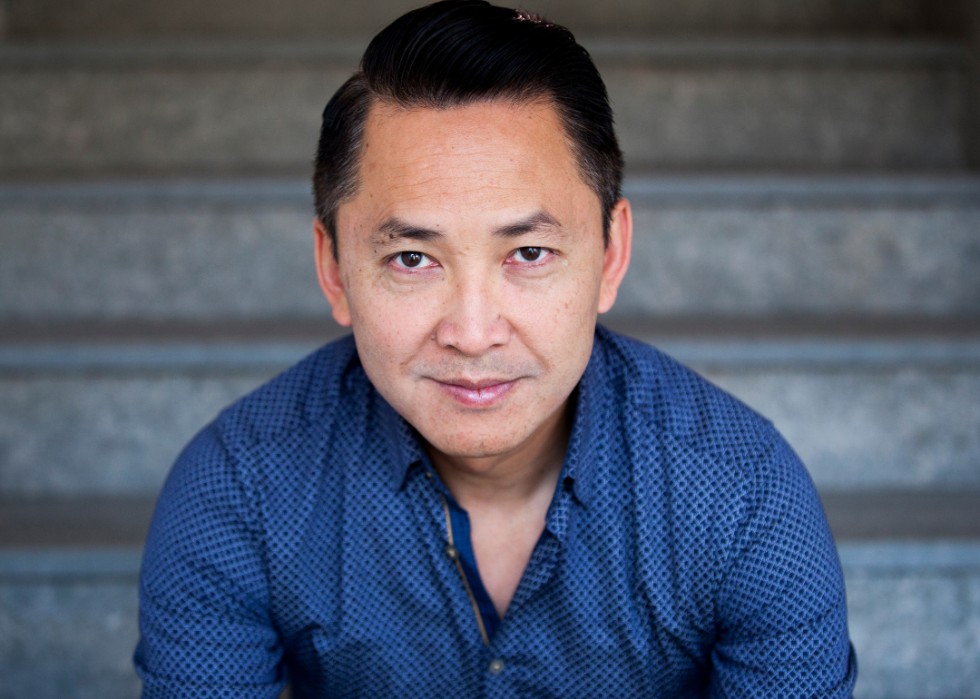
Viet Thanh Nguyen: The Nation and its Others in American Literature and Film
- University of Southern California
Viet Thanh Nguyen exploded onto the literary scene in 2015 with his novel, “The Sympathizer.” The book tells the story of a spy who infiltrates the South Vietnamese military during the Vietnam War and eventually comes to America where he becomes a “sleeper,” leading a double life as he continues to observe the struggles of Vietnamese refugees. The novel took the Pulitzer, the Carnegie Medal for Excellence in Fiction, and a host of other accolades.
He has since released a critical study on the sociological fallout of the Vietnam War (“Nothing Ever Dies”), a bestselling collection of short fiction (“The Refugees”), and a sequel to “The Sympathizer” (“The Committed”). Born in Vietnam just at the close of the war, Nguyen came to the U.S. as a refugee himself, and both his writing and much of his teaching are influenced by that experience.
While serving as Professor of English, American Studies and Ethnicity, and Comparative Literature at the University of Southern California, Nguyen has created a diverse series of courses that seek to investigate issues such as war and memory, otherness, and cross-cultural identity within literature. Among the courses is “The Nation and Its Others in American Literature and Film” seminar, which employed both contemporary film and an array of international literary works. Nguyen’s course examines American national identity as it relates to moments of social or political stress.
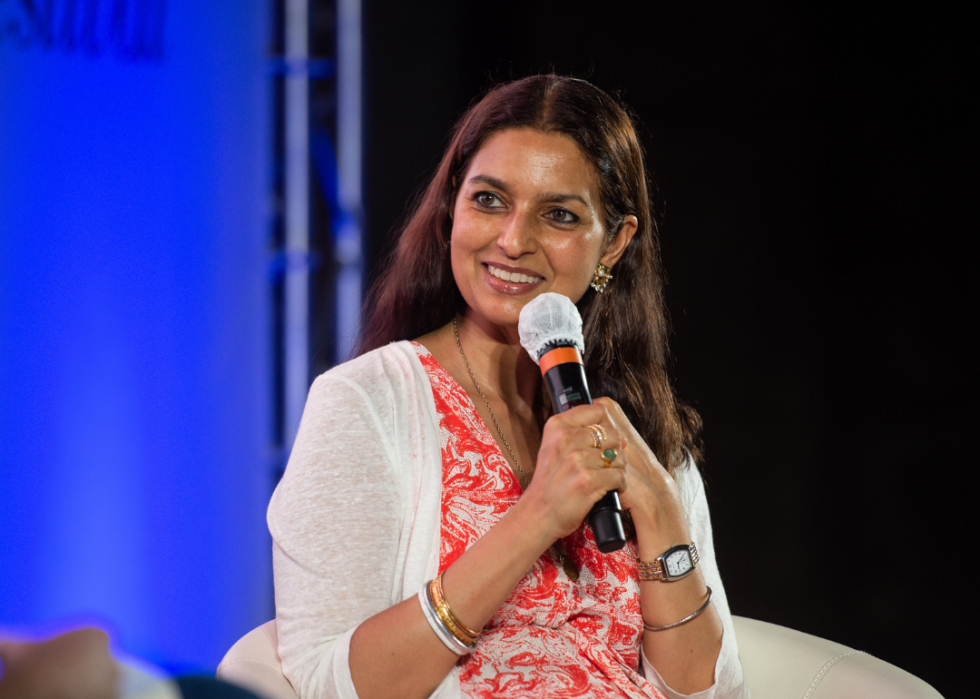
Jhumpa Lahiri: Creative Writing (Literary Translation)
- Princeton University
Jhumpa Lahiri’s placement within the highest echelon of American writers was solidified when her debut collection, “Interpreter of Maladies,” won the Pulitzer in 2000. She has since been nominated for the Man Booker Prize and the National Book Award, and her 2013 novel, “The Lowland,” was a New York Times bestseller. But behind the scenes, Lahiri began a love affair with the Italian language that quickly bloomed into a core component of her approach to writing.
Her 2015 study, “In Other Words,” is a dual-language narrative in which Lahiri describes her journey in studying Italian. And in 2018, she wrote and published her third novel in Italian as “Dove mi trovo,” and later its English translation—translated by the author herself—as “Whereabouts.”
It is therefore of no surprise that literature in translation should be a key focus of her courses at Princeton. Both her introductory and advanced creative writing courses focus specifically on students choosing a foreign language writer to translate into English and workshop against other established translations.



